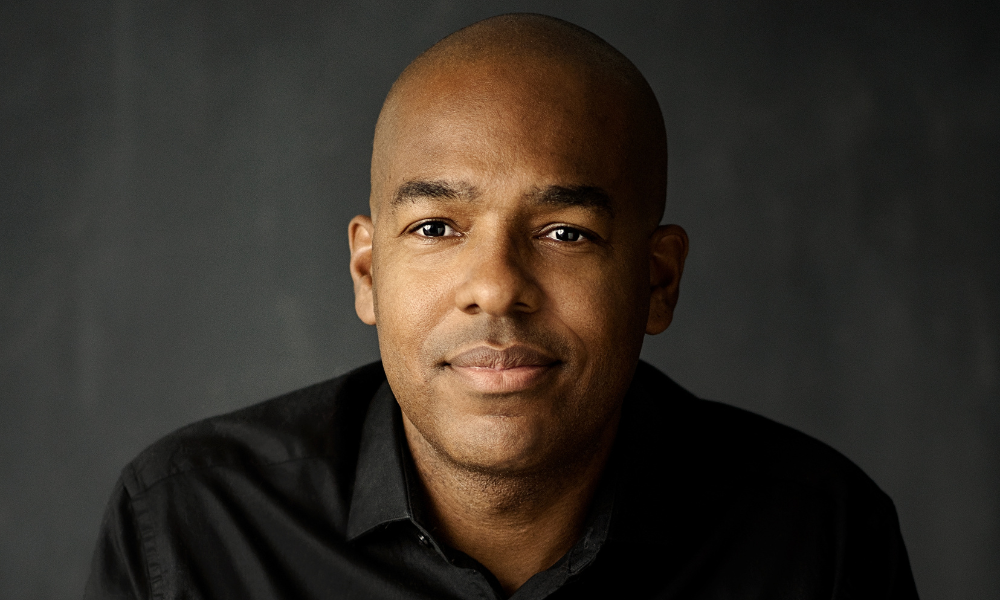Anthony Gordon explains how everything from tax plans to capacity issues tie back to an initial understanding of the client

Anthony Gordon might be called overqualified. A trained lawyer with a masters in tax law Gordon has his CFP, CLU (chartered life underwriter), CEA (certified executor advisor), and CEPA (certified exit planning advisor) designations. When he works with retired or retiring clients to develop their plans, he can look at a wide range of angles and considerations.
Despite his range of qualifications, Gordon prefers to function as a “CFO” to his client’s “CEO,” bringing in a range of specialists and experts to assist on specific needs and functions. Through a mixture of strategic delegation and his own expertise he can help deliver clients a level of lifelong service that they require, especially as their anxieties around retirement begin to mount.
“Anxiety never stops, it’s just controlled. At first it’s ‘I don’t have enough for retirement,’ until they do have enough and then it’s ‘what about my kids’ or what about my grandkids,” Gordon says. “To address each of those anxieties you need to have a deep understanding. You need to do values-based planning to understand what’s important to the client and then fill any gaps based on what they want.”
That understanding, for Gordon, begins in his first meeting with a prospective client. He conducts a SWOT analysis, assessing his client’s strengths, weaknesses, opportunities and threats. Before he even begins to get into the numbers with his clients, he takes them through a values assessment. He tries to understand who they are at a fundamental level, what motivates them, and what will bring them fulfillment as their life begins to change.
There is no bigger change in most clients’ lives than retirement, and it’s in planning for retirement where Gordon’s comprehensive understanding shows its greatest value. If a client is retiring, but has a disabled child, for instance, Gordon knows who to collaborate with to ensure a trust and build a community of care around that child. If a client has chronic health issues, Gordon can work with lawyers to build clear instructions around long-term care, and plan to maintain a financial buffer to cover the costs of that care.
With aging in retirement comes the increasing risk of lost capacity. Gordon, having trained as a lawyer, is keenly aware of the risks present when a client’s mental capacity declines, as well as the deep ambiguity that can come in those situations. Capacity issues can lead to financial abuse, or the undue influence of one child or caregiver over the client’s decisions. Moreover, capacity issues might manifest in unusual ways, a client might express heightened anxiety or unusual behaviour, but within strict definitions of legal capacity they can still make decisions.
Gordon believes that addressing capacity issues if and when they manifest comes down to preparation at the earliest stages of an advisor’s relationship with their client. He establishes key structures to protect against capacity issues, such as naming a designated person. More importantly, he uses his values assessment and rigorous documentation to get a fulsome picture of his client’s desires, goals, fixations and behaviours.
With a comprehensive understanding of his client, Gordon can notice when a client exhibits changes in behaviour he might attribute to a decline in capacity. When he notices that, he doesn’t try to handle it alone. Gordon goes straight to his compliance department for guidance and support and can ensure that every subsequent step he takes reflects his fiduciary duty to his clients.
As his clients confront a host of issues leading up to and during their retirement, Gordon can act as a touchstone, with a knowledge of what his client has always wanted from the start of their work with him. Becoming that figure of trust, knowledge, and deep understanding can be invaluable for the advisor but it takes intentionality and hard work.
“When I do data collection I’m doing an even more thorough values based conversation. It’s part of my process and it’s intentional. I can’t move onto the next stage unless I’ve collected all of that,” Gordon says. “That drives everything, the whole experience of where a client is and where they want to go. I think it should very much be intentional for [advisors] and quite frankly over time you have to build a relationship with clients beyond just saying, ‘here’s your retirement statement,’ it becomes more than a transactional thing, it becomes conversational.
“In those conversations, you start to sense things, I can tell if my clients have anxiety within four or five minutes, just by their responses…My intake process is so thorough you can’t help but get to know people”



